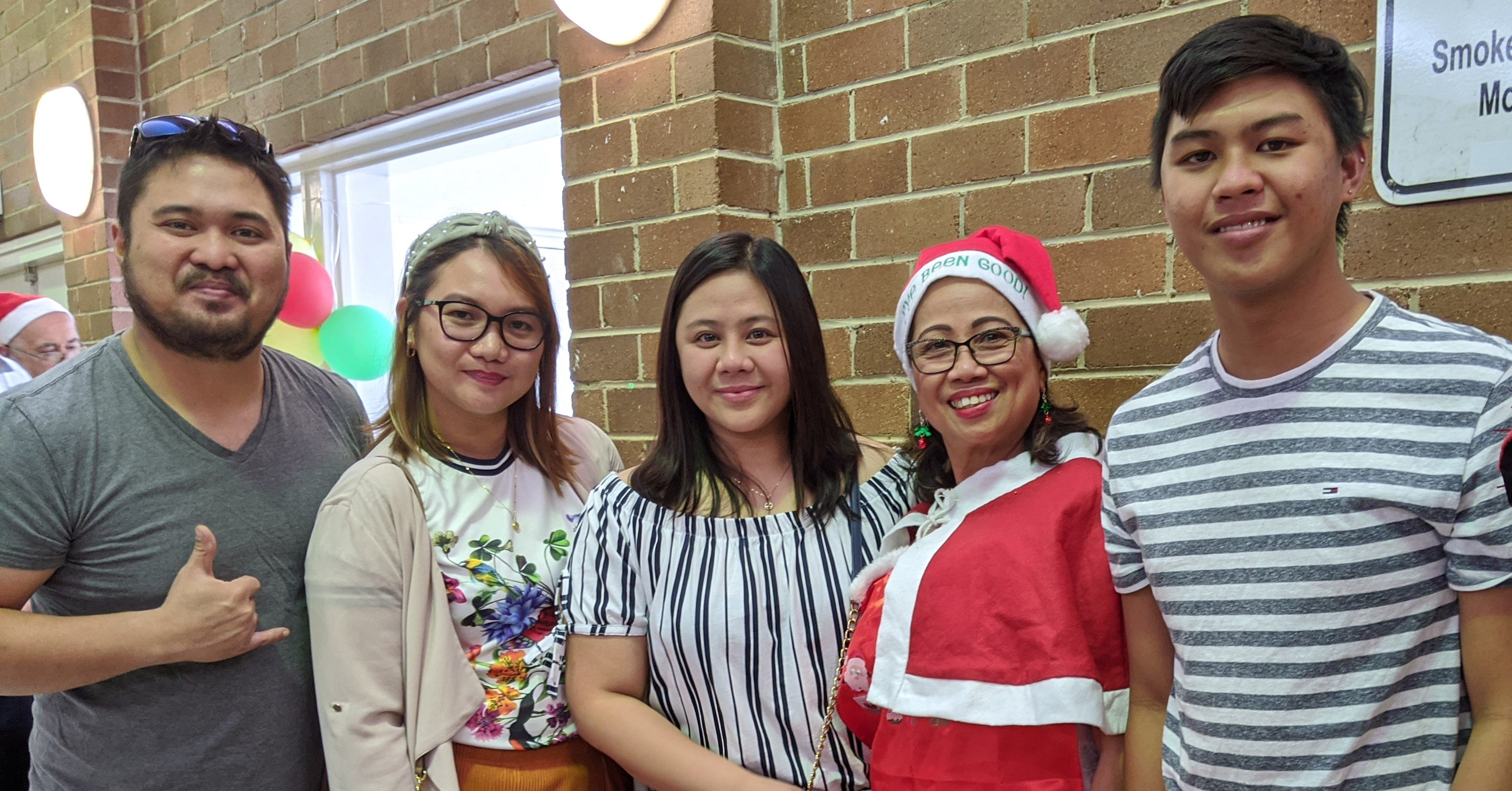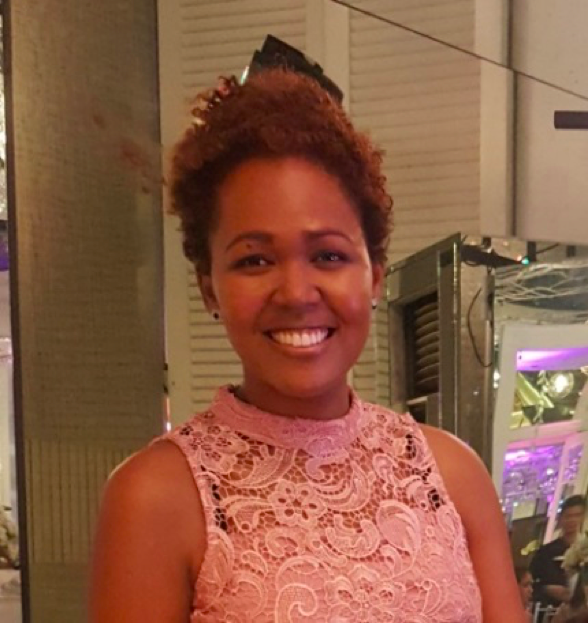As the scheduled visit of Pope Francis to the Philippines gets closer, there is a rush of excitement among many Filipino Catholics, never before experienced in so many years. I’ve read in the news that some Catholics from the provinces are already planning to go to Manila to get a glimpse of the pope. The preparations in places that the pope will visit are in full swing. I am guessing some politicians are already thinking how to get physically closer to the pope for that once-in-a-lifetime photo op.
I myself am getting excited, not for the visit per se, but for the impact that the visit would have on many Filipino Catholics, especially at this time when the Catholic Church is at the crossroads of being dogmatic and being relevant. It is plagued with problems that range from the sexual misconduct of some priests to resistance to change to intolerance with pressing social issues, including the lavish lifestyle of some of the members of the hierarchy.
I will not be in the Philippines when the pope visits next month. I feel bad because I would love to see him in person. He evokes a certain charisma and gravitas that can melt the heart of any unbeliever. For this reason alone, the pope should be canonized when he passes on.
I am an ardent Catholic, which may surprise some people because I openly disagree with some of the Church’s teachings. I’ve written articles nastily criticizing the Church, the hierarchy, and certain Catholic institutions for stepping out of bounds.
I became a Catholic by default. I was baptized into the Catholic faith as a baby without my knowledge. Obviously, I did not give my consent to my parents. But I still think it was a good decision made by my parents.
In fact, I am thankful to my parents because they introduced me to a religion that, in the words of Megan Sweas, former editor of U.S. Catholic magazine, “…contains it all: mysticism and dogmatism violence and peace, richness and poverty, saints and sinners.”
So, why remain a Catholic? As a child, I was taught that Catholicism was the one and true religion. I was not given the opportunity to ask questions, and I did not bother. After all, my personal salvation was absolutely assured, I thought.
But after the historic Second Vatican Council in the ‘60s, the thinking among many Catholics has changed – salvation is no longer the monopoly of any religion. In fact, Vatican II talks of “anonymous Christians” whose chance of being saved is, by implication or inference, the same as any person who belongs to any organized religion or no religion at all.
Which brings me back to my original question: Why remain a Catholic?
Since Pope Francis’ election, many Catholics who left the Church are slowly coming back. They see him as a person whose humility and determination to be of service to humankind are beyond reproach. His simplicity amidst the temptations of a secularist society is admirable.
Although I have not left the Church, Pope Francis has caused me to renew my belief in the ability of the Church to be open and relevant . He is a prophet who can verbalize the needs of the voiceless and the marginalized.
During a Chrism Mass on March 28, 2013, he openly criticized priests who have been sucked into the circle of materialism. He said, “This is precisely the reason for the dissatisfaction of some who end up sad – sad priests – in some sense becoming collectors of antiques or novelties instead of being shepherds living with the ‘odor of the sheep’. ”
Referring to the misplaced priority of today’s society, Pope Francis said on June 4, 2013 during his General Audience, “When the stock market drops 10 points in some cities, it constitutes a tragedy. Someone who dies is not news, but lowering income by 10 points is a tragedy.”
In a news conference during a flight from Brazil to Rome on July 28, 2014, he showed a non-judgmental approach to the issue of homosexuality by saying, “If someone is gay and is searching the Lord and has good will, then who am I to judge him?”
He even said something that will bring solace, inspiration and comfort to many of our activists who continuously harp against the evil of economic disparity in Philippine society. He said, “Human rights are not only violated by terrorism, repression or assassination, but also by unfair economic structures that create huge inequalities.”
Wow, how can one abandon such a leader? He speaks meaningfully and courageously, yet he remains grounded. This tells me that the Catholic Church is not all about dogma. It also has the capacity to understand human conditions and change its views to be relevant. I cannot abandon such a Church.
The importance of some time-honored rituals in the Catholic Church like praying the rosary, devotion to Ina, attending Mass –even on an irregular basis – have their ways of mysteriously making me realize the things that really matter most in life. I cannot abandon such a Church.
The social teachings of the Catholic Church provide a road map on what our obligations are to the poor and the oppressed. The road map is fair, doable and addresses the very core of what it means to treat a fellow human being. I cannot abandon such a Church.
With time and as I travel to some countries, I begin to appreciate the universality of the Catholic Church. I can go to any Church, attend Mass and feel at home because I can follow the prayers and the rituals even if the language is different. I cannot abandon such a Church.
In this same Church, I have seen members who, because of their exemplary lives, have continued to inspire other people, myself included: Pedro Calungsod, a Filipino migrant worker and catechist who suffered martyrdom in Guam; Fr. Godofredo Alingal, SJ, our high school principal at the Ateneo de Naga, who was assassinated in Mindanao during the Marcos dictatorship because of his work for justice; Richie Fernando, a young Filipino Jesuit who died as he tried to prevent a deranged youth in Cambodia from throwing a hand grenade toward a group of handicapped children. The list continues.
Becoming a Catholic for me continues to be a work in progress. But one thing is true: Catholicism has given me an identity that no amount of scandal within the Church can take away.









Leave a Reply